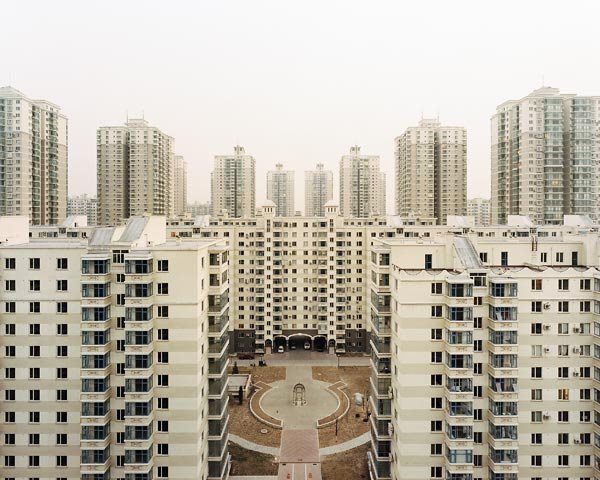In 1985, writes Ma Jian, he headed from Beijing to Tibet hoping to "work out what I should be doing with my life." Ma, like so many discontented romantics, envisioned the Himalayan land as a spiritual refuge from the modern world. But it was just a dream. What he discovered instead was a place whose heart had been ripped out. The few temples that remained after years of cultural and political purges by the Chinese government were guarded by soldiers and littered with slogans instructing allegiance to the Communist Party. The Dalai Lama had been exiled for more than three decades, and those who had stayed behind seemed consigned to a ruined fate.
In an afterword to Stick Out Your Tongue, a newly translated collection of short stories he wrote following his three-year journey to Tibet and other far-flung parts of China, Ma says he returned home more confused than before, feeling "as pathetic as a patient who sticks his tongue out and begs his doctor to diagnose what's wrong with him."
The diagnosis from Chinese officials, when Ma's book was released in 1987, was that his treatment of Tibet was "filthy and shameful" and had "nothing to do with reality." Every copy was ordered to be destroyed. But the collection quickly became a hit among the samizdat set; some enterprising black marketeers even copied it out by hand. Ma, who had once worked as a government propagandist, thus found himself forced into hiding. After stints in Hong Kong and Germany—with the occasional secret return to Beijing—he ended up in London, where he wrote a superb memoir, Red Dust, which appeared in translation in 2002. Where that narrative bounces along China's dusty roads and industrial backwaters like a better, eastern On the Road, the five short stories in Stick Out Your Tongue paint a more meditative portrait of a land that barely seems to move at all.
That's not to say the book isn't moving. In cool, spare prose, Ma powerfully conveys the double dislocation at the heart of his stories: a people estranged from their own home are described in four of these tales by the same Ma-like narrator, a dissident writer whose own life has been uprooted, too—not only by cultural crackdowns but by a string of failed loves. A Han Chinese in a land where the Han are despised, he has abandoned any fantasies about Tibet's peaceful locals: instead of sticking out their tongues—a customary greeting in Tibet—they throw stones at him. The glistening lakes and wide plateaus of central Tibet—where we find the narrator at the start of the hypnotic opening story—offer no solace either. Potentially sublime rustic experiences are tainted by brackish water or the stench of manure and animal hides. The narrator's hunt for enlightenment has already ended, and the traditional Buddhist sky burial of a young woman beaten to death by an abusive father is little more than an exotic photo-op. Just as the ritual of dismemberment ends, when "every piece of her had vanished from the site," the emotionally distant narrator remembers his appointment to go fishing with the woman's former lover.
The mistreatment of women by men is a common theme in all five of these stories. Beneath Tibet's enchanting surface, suggests Ma, lies the reality that its women are routinely forced into marriage, sex, prostitution and drugs. Yet Ma's bleak descriptions of their lives are not without a dreamy—though somewhat perverse—sense of redemption. A feisty, unfaithful wife burns and withers on a bronze stupa that her husband has built, only to be rolled up by her lover and devotedly draped on his wall. The final story—the tale of a young female monk forced by her elders through abusive rituals of spiritual enlightenment—ends the book as it began, with a beleaguered corpse that again seems to disappear, magically, into the scenery. This time, however, the woman isn't destroyed but transmuted like a bodhisattva, her body transparent: "A fish that had somehow gnawed its way into her corpse was swimming back and forth through her intestines." The narrator, who buys the woman's skull as a souvenir and hopes to sell it to finance his travels, writes her story "in the hopes that I can start to forget it," but the memory will not disappear.
Nor will the impression left by Ma's book, with its captivating blend of despair and hope, violence and dark humor, death and regeneration. In Ma's ambivalent portrayal, Tibet is as uneasy a place to live as it is to describe, and Tibetans possess a nuanced humanity often denied them—on the one hand by the idealized fancies of the Western imagination, and on the other by the Chinese government's oppression. The tongue of the book's title, then, is not only a reference to the traditional Tibetan greeting, but a complex symbol of ridicule and illness and vulnerability—and an invitation to see inside Tibet's dark mouth some precious signs of life.

No comments:
Post a Comment